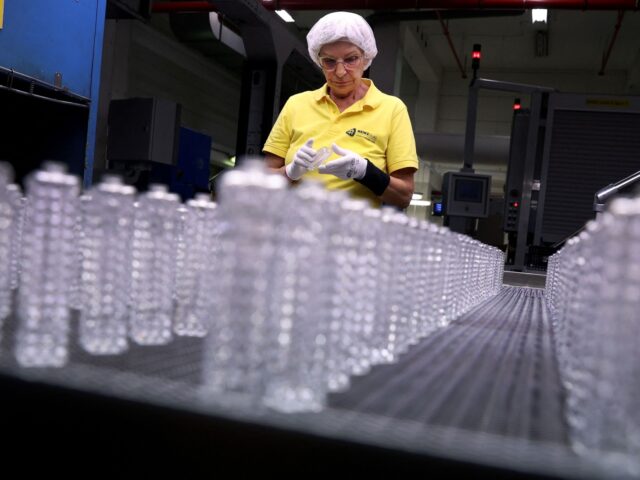Any serious reduction in the use of gas by businesses in Germany will be down to companies downsizing or closing down, and not from attempts to save energy, the head of one industry organisation said.
Peter Adrian, the President of the Association of German Chambers of Commerce and Industry (DIHK) has claimed that there is little room left for businesses to save energy, putting any savings in the sector so far down to companies either downsizing or shutting down completely as a result of economic pressure.
It has been claimed that Germany needs to cut its gas consumption by 20 per cent to avoid massive shortages that risk destabilising the country, with some experts even suggesting that only a saving of 30 per cent will be enough to get the country through the ongoing energy crisis.
However, according to survey results published by the DIHK, the vast majority of businesses in Germany will not be able to achieve even a fraction of such a reduction, with 60 per cent of companies saying that they will only be able to cut their gas usage by 2 per cent at most.
“The result corresponds to the feedback we have received from companies for months,” President Adrian commented on the data. “The companies’ struggle to survive in the face of skyrocketing energy prices has meant that the short-term operational potential has been exhausted.”
As a result, the senior official said that any attempt by the government to encourage businesses to drop usage any further without also providing ways of quickly recouping the costs of such measures would end in failure, with any further reductions in the centre to end up being down to companies downsizing or dropping out of the market entirely.
“Further goals to further reduce gas consumption in ongoing production operations are simply unrealistic,” he said. “The decline in gas consumption in the economy is now more and more often the result of plant closures or production restrictions. We must therefore look for other ways to mobilize additional gas or to save gas, for example in electricity generation.”
“This is the only way we will avoid insolvencies and maintain value chains,” he went on to say.
Experts Warn Energy Crisis Could Lead to ‘Permanent Deindustrialisation’ of Europehttps://t.co/tYVShZSxxb
— Breitbart London (@BreitbartLondon) September 16, 2022
Survey data from the DIHK appears to support such a thesis, with 16 per cent of industrial sector respondents saying that they were now looking to either downsize their operations or abandon parts of their businesses entirely in a desperate attempt to cut costs.
Such a scenario appears eerily reminiscent of a warning last month that the entirety of Europe was facing “permanent deindustrialization” as a result of the ongoing energy crisis, which in turn was largely brought about by green agenda policies implemented at the national and EU level.
“We are deeply concerned that the winter ahead could deliver a decisive blow to many of our operations, and we call on EU and Member State leaders to take emergency action to preserve their strategic electricity-intensive industries and prevent permanent job losses,” a letter from one industry group to EU bigwigs read.
“Producers face electricity and gas costs over ten times higher than last year, far exceeding the sales price for their products,” the document continued. “We know from experience that once a plant is closed it very often becomes a permanent situation, as re-opening implies significant uncertainty and cost.”
Ultimately, the issue represents just one of many potential disasters facing the continent in the coming months, with many countries warning of significant unrest as Western nations enter a period euphemistically referred to by French President Emmanuel Macron as the “end of abundance“.
‘End of Abundance’ — President Macron Warns of Public Unrest in France as Energy Crisis Biteshttps://t.co/zqCmxPBBLQ
— Breitbart London (@BreitbartLondon) August 24, 2022

COMMENTS
Please let us know if you're having issues with commenting.